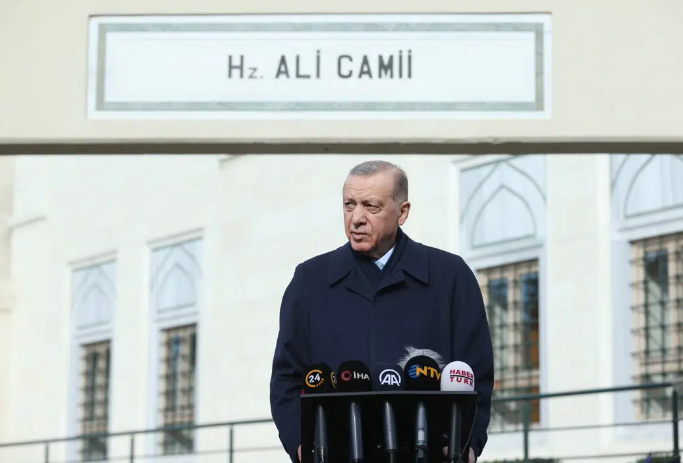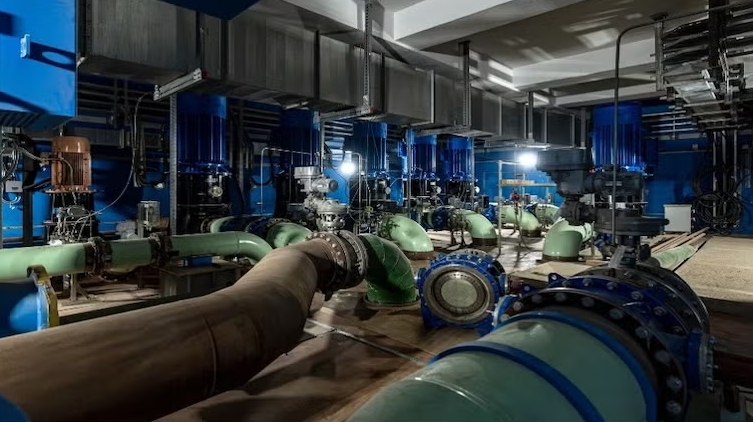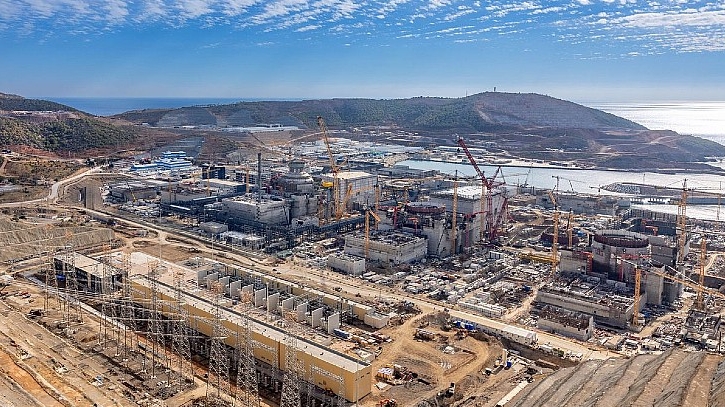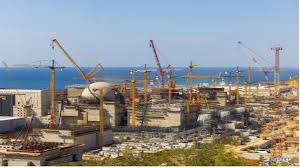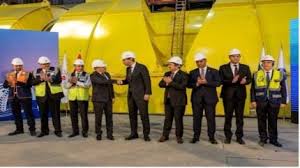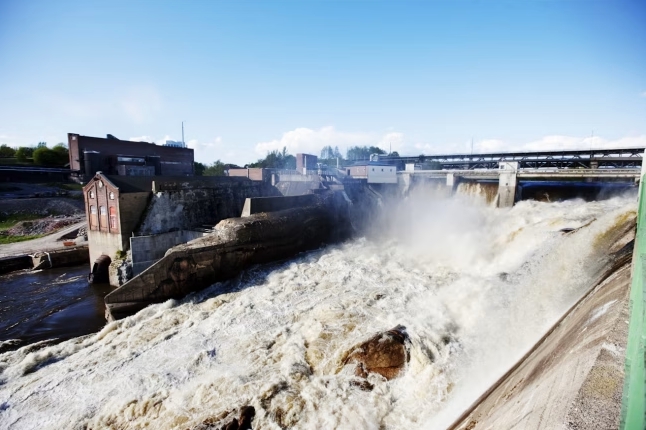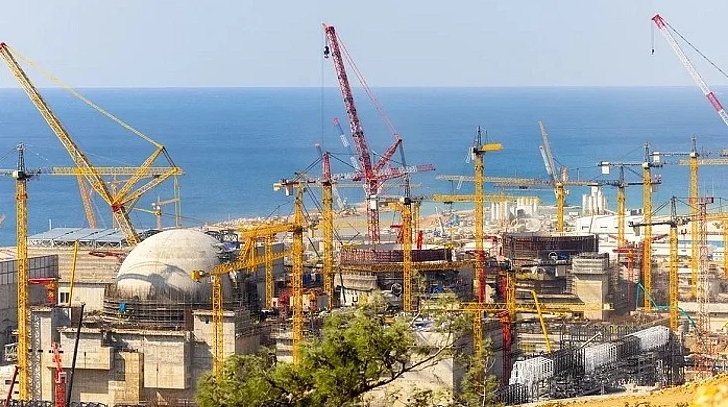Turkey is nearing its second agreement with China to build a nuclear power plant in eastern Thrace, near the border with Greece.
Turkey’s Energy and Natural Resources Minister, Alparslan Bayraktar, recently disclosed that a Chinese delegation, led by the deputy director of the National Energy Administration, visited a proposed site for four nuclear reactors. This place is situated in Turkey’s northwestern city of Kirklareli near the borders of Greece and Bulgaria. Negotiations between Turkey and China concerning this nuclear project have been ongoing for several years, with the agreement’s finalization now approaching.
Bayraktar noted that two nations are close to reaching a resolution on the nuclear power program. Furthermore, Turkey is in discussions with Russia and South Korea for an additional set of four nuclear reactor power plants in Sinop, a northern city on the Black Sea.
China’s involvement in Turkey’s nuclear power sector is substantial with discussions spanning nearly a decade for the construction of a four-reactor power plant at a third site in Turkey’s northwest. The project would become China’s largest foreign investment if finalized.
Turkey’s long-term energy plans prioritize over twenty gigawatts of nuclear power generation to achieve carbon neutrality by 2053.
Turkey’s First Nuclear Plant in Akkuyu
Earlier this year, Turkey inaugurated its first nuclear plant in Akkuyu, located on the Mediterranean coast. President Recep Tayyip Erdogan, alongside Russian President Vladimir Putin, presided over a virtual ceremony to commemorate the occasion.
The event, known as the Akkuyu NPP First Nuclear Fuel Delivery Ceremony, symbolized the official transformation of the plant into a nuclear power facility with the arrival of the first batch of fresh nuclear fuel. Built by Russia’s state nuclear energy company, Rosatom, this plant represents the largest joint investment between Turkey and Russia.
Raising Concerns Around Turkey’s Nuclear Ambitions
Meanwhile, the inauguration has raised suspicions about Turkey’s nuclear ambitions. While Turkish officials claimed the plant is solely for energy diversification, concerns persisted regarding possible uranium enrichment plans.
Intensified military cooperation agreements between Turkey and nuclear-armed Pakistan have sparked speculations. Some have suggested that Ankara might be pursuing a clandestine nuclear weapons program. In addition to Pakistan, Turkey has signed military cooperation deals with Kazakhstan, a major uranium supplier.
These developments have alarmed Greece. The country called on Turkey to engage in discussions with neighboring countries about its nuclear plans. Greek Foreign Minister Nikos Dendias emphasized the significance of cooperation and transparency. He highlighted the need for Turkey to participate in dialogue regarding the Akkuyu nuclear power plant project with its neighbors.
